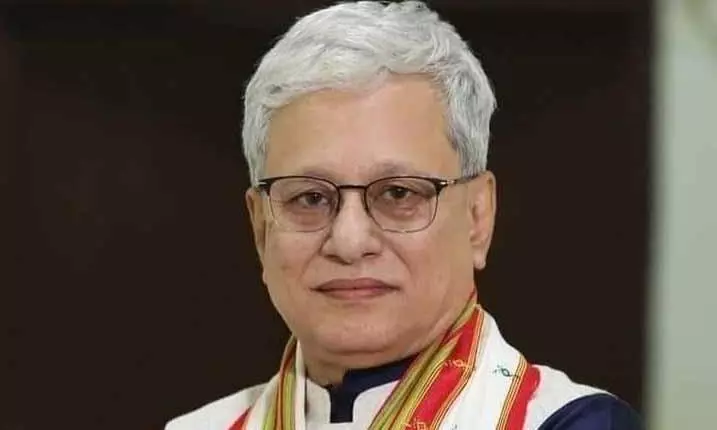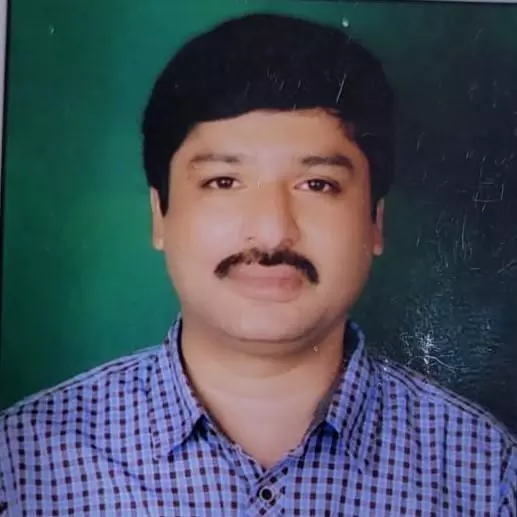Governor: Future City, Metro, Musi to Transform Telangana’s Urban and Economic Growth
Jishnu Dev Varma Highlights Telangana’s Growth Plans, AI City, and Landmark Social Reforms

Hyderabad: Governor Jishnu Dev Varma on Wednesday said that the state government's efforts to expand metro rail networks, the ambitious Musi river rejuvenation project and the development of Future City will redefine urban living and economic potential.
Addressing the joint sitting of the Telangana Legislative Assembly and Legislative Council on the first day of the Budget session on Wednesday, Varma lauded the various welfare schemes and development programmes undertaken by the Congress government in the last 15 months.
The Governor said that Telangana stands at the threshold of a transformative era, driven by inclusive growth, technological advancements, and sustainable development. "My government is committed to fostering innovation, strengthening infrastructure, and empowering every citizen," he stated.
A key highlight of the Governor's address was the Future City project, spanning 765 sq. km across 56 villages in seven mandals. Strategically located between the Srisailam and Nagarjunasagar highways, this smart urban infrastructure initiative aims to integrate sustainable industrial growth with modern residential planning.
Anchored by AI City, Pharma, and Manufacturing Clusters, the Future City is expected to drive economic activity, generate employment opportunities, and improve the quality of life. he said.
Varma said that a dedicated Future City Development Authority (FCDA) would oversee the seamless execution of this project. The state aspires to establish the Future City as India's first net-zero city, setting a benchmark for urban sustainability, he said.
He said the Telangana government has proposed a Bill to provide legislative backing for 42 per cent reservation for Backward Classes (BCs), based on findings from a comprehensive Socio-Economic, Educational, Employment, Political, and Caste Survey.
Additionally, the government plans to introduce a Bill for the sub-categorisation of Scheduled Castes (SCs), following the recommendations of the Justice Shameem Akther Commission. This legislative move seeks to ensure a more balanced distribution of reservation benefits among SC communities, reaffirming Telangana’s leadership in progressive policy making.
"To commemorate these efforts, February 4th has been declared as Telangana Social Justice Day, symbolising the state’s commitment to fairness, inclusivity, and equal opportunities," the Governor said.
He also highlighted Telangana’s emergence as a leading destination for industrial and service sector growth. The state's business-friendly environment and progressive policies have attracted global investments. “The recent Telangana Rising delegation at the World Economic Forum in Davos secured `1,78,950 crore in investments, creating 49,500 jobs across key sectors like data centres, green energy, food processing, electric vehicles, and defense manufacturing.”
The Governor stated that the government remains committed to supporting Micro, Small, and Medium Enterprises (MSMEs) through tailored financial assistance, technological upgrades, and market linkages. A new MSME policy aims to enhance competitiveness and expand access to domestic and international markets.
"Telangana continues to solidify its position as a leader in IT and electronics innovation. Expanding beyond Hyderabad, the state is developing dedicated IT parks to attract global players, reinforcing its status as India’s AI and Data Centre Capital," the Governor said.

